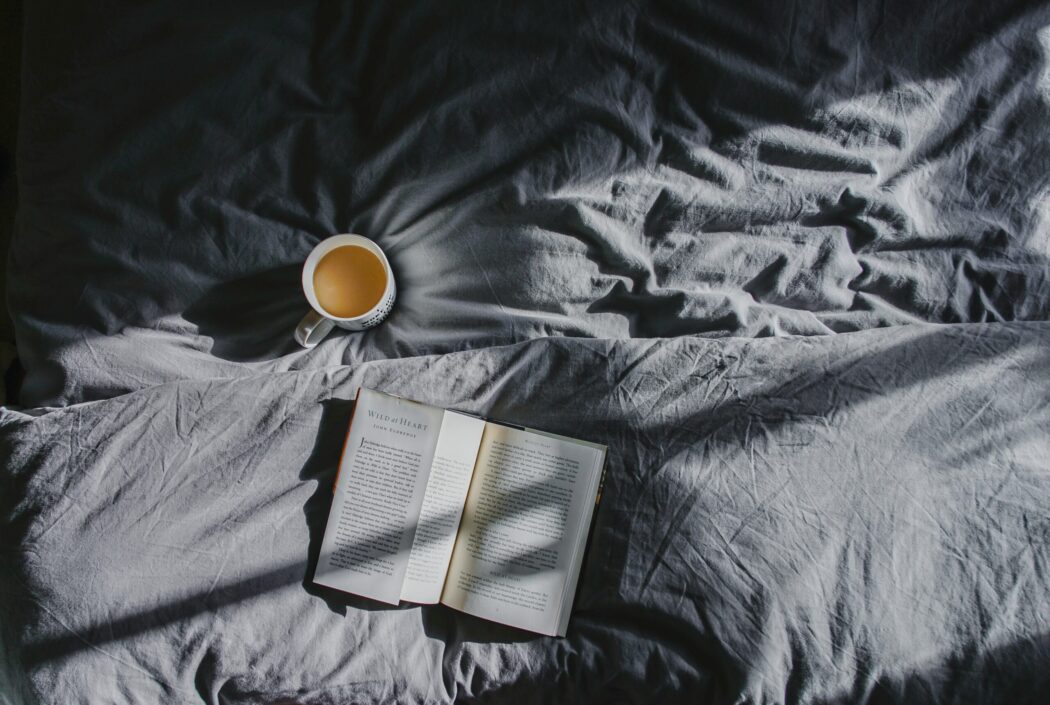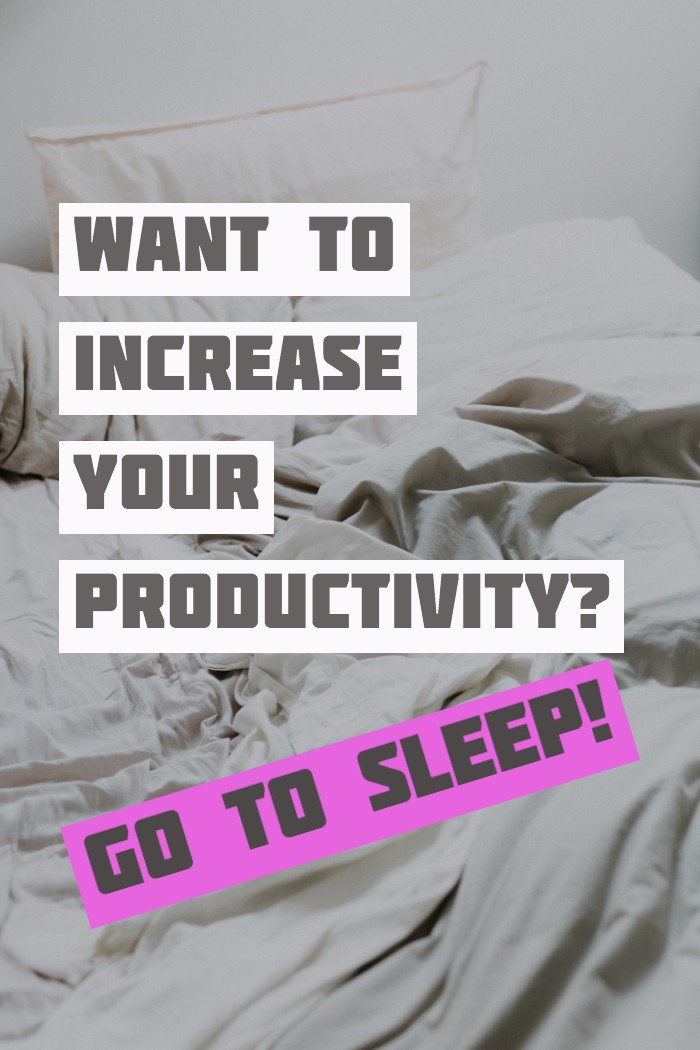
Did you know that getting enough sleep is crucial when it comes to your productivity (AND your health and general well-being)? I always knew that getting enough sleep is important. I mean, we all do, right? After all, you know you’re feeling just soooo much better if you’re getting a good night’s sleep. I think we can all agree that productivity and sleep are connected.
But I never knew, just how important sleep really is, before I read (or better: listened to) Matthew Walker’s “Why We Sleep”. Even slight sleep deficiencies can severely impact your productivity and ability to function in your day-to-day.
Sleep Facts
Here are a few of Matt Walker’s quotes from an interview in the Chicago Tribune:
- “Underslept employees tend to create fewer novel solutions to problems, they’re less productive in their work and they take on easier challenges at work.”
- “Operating on short sleep — anything less than seven hours — impairs a host of brain and bodily functions. It increases your risk for heart attack, cancer and stroke, compromises your immune system and makes you emotionally irrational, less charismatic and more prone to lying.”
- “We know that efficiency and effectiveness are increased when you’re getting sufficient sleep and it will take you longer to do the same thing on an underslept brain, which means you end up having to stay awake longer. So goes the vicious cycle.”
- “Do you tend to sleep in during the weekends? That usually signals that you’re trying to sleep off a debt you’ve accumulated during the week. By the way, it doesn’t work like that. It doesn’t work like the bank. You can’t accumulate a debt and then pay it off at a later point in time.”
- On how much sleep you should get: “The recommendation is seven to nine hours for all adults.”
- “Once you get less than seven hours of sleep, you can measure marked impairments in both brain and body health. And those people who claim they can survive on six hours of sleep or less, unfortunately, are deluding themselves and their health.”
- On how to know if you’re getting enough sleep: “If you were not to set an alarm clock, would you sleep past it? If the answer is yes, then there is clearly more sleep that is needed.”
What I Changed
One significant thing that I changed after reading the book was that I’m no longer setting an alarm if I don’t have to, but rather let myself sleep until I wake up naturally. Now I know that since I’m self-employed I have more flexibility in my schedule and that this is not something everyone can do. And this comes from someone who always used to set an alarm – even on weekends.
Question For You
On how many hours of sleep are you (trying) to get by on average? Let me know in the comments below!
PIN IT:

